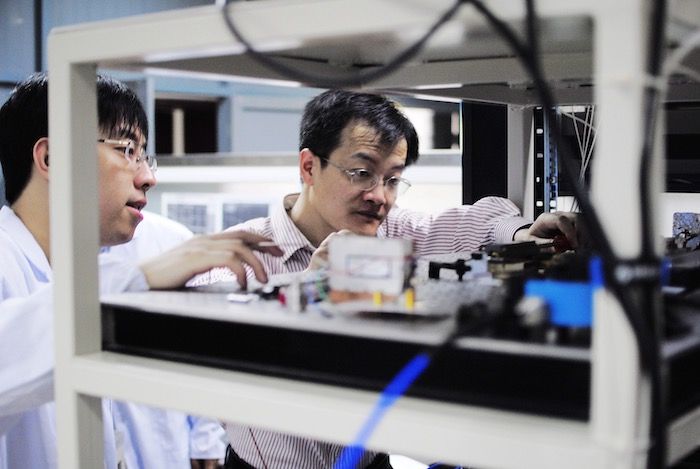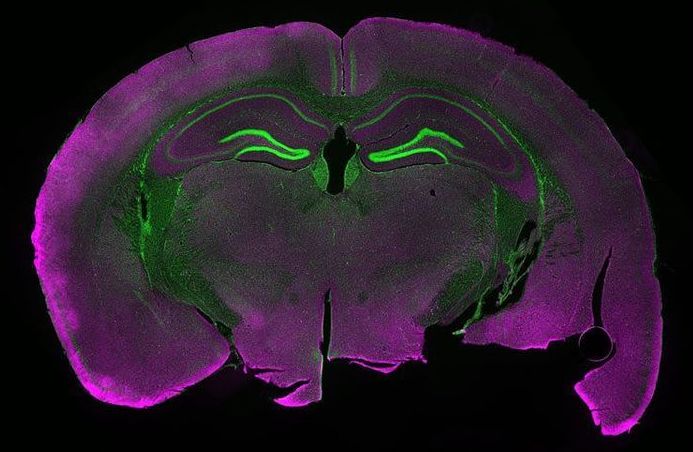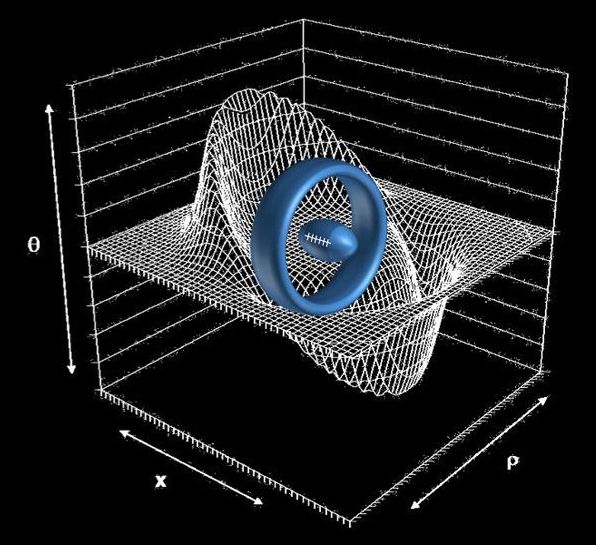Food is contaminated with plastic, which means it’s going directly into our bodies.
If you have resisted giving up bottled water for any reason, this should change your mind. A new study estimates that people who drink bottled water ingest 90,000 additional plastic microplastic particles annually, compared to those who drink tap water, which puts only an extra 4,000 particles into their bodies.
This finding is part of a study that has estimated the number of plastic particles that humans ingest every year. Conducted by researchers at the University of Victoria, British Columbia, it pulled together data from 26 previous studies that had measured plastic in salt, beer, sugar, fish, shellfish, water, and urban air. Pairing this data with the U.S. dietary guidelines, the scientists calculated how many particles people were likely to consume annually. Their discovery? 50,000 for adults, 40,000 for children. When inhalation is factored in, the estimate jumps to between 74,000 and 121,000 for adults.
Read more







